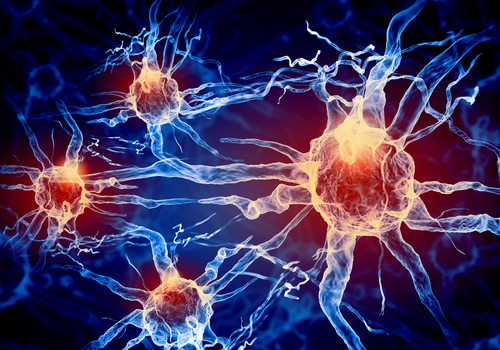Very often, when healthy hormone balance is highlighted, the focus tends to be on women’s hormones. Healthy hormone balance is just as important for men but little attention gets paid until there is a problem. Men’s hormones impact everything – prostate health, sex drive, muscle strength, energy levels, mood, sleep and even hair loss. Men’s hormones (especially as they get older) tend to greatly affect the prostate. The health of the prostate can be very revealing about a man’s health in general, as it is also dependent on healthy hormone balance, proper intake of several important nutrients, exposure to plastics and other synthetic hormones and even lifestyle factors like stress. It is never too early or too late to support the health of the prostate and making the effort to balance hormones is an essential step.
It is important that men maintain the delicate balance of testosterone. Testosterone levels usually peak before they turn 30 and then slowly decrease from there. But why is it so important? Testosterone is the primary male hormone and it is fairly sensitive to be converted into other hormones. Free testosterone can be converted into estradiol (a type of estrogen) though an enzyme called aromatase. What has substantial effects on the prostate is the conversion of testosterone to dihydrotestosterone (DHT).
The Importance of Testosterone
DHT as an overactive form of testosterone and, while it serves an important purpose, too much DHT after puberty is not a healthy thing. During puberty, DHT helps the prostate grow and reach a mature size, which is normal. However, when too much testosterone gets converted into DHT, there can be negative consequences for prostate health. As DHT is responsible for contributing to prostate growth, when the body loses its ability to regulate DHT, it can be stimulated to excessively grow. Like all hormones, DHT must be kept in balance. Without DHT, the prostate would not be able to heal and repair itself, so some is necessary and even helpful. However, excess DHT has been implicated in conditions like BHP, which is benign prostatic hyperplasia.
BPH is a benign, or noncancerous, condition characterized by an enlarged prostate. BPH is a very common condition that affects half of all men in their 50s and 80% of men in their 80s. Approximately 8.4 million men over age 50 in the United States, including 3 million age 50 to 59, 2.6 million age 60 to 69 and 2.8 million age 70 to 79.i BPH tends to effect urination, specifically frequent, often-urgent need to urinate, especially at night, the need to strain to get urine out, the inability to completely empty the bladder, “dribbling” or leaking after urination or even a weak urine stream often are the result of BPH. These symptoms can really affect sleep quality and overall quality of life.
Urination issues are usually the biggest complaint among men with poor prostate health, but the good news is you can restore the health of your prostate and maybe even sleep the night through again. BPH also tends to be effected by excess inflammation. A two-pronged holistic approach of modulating inflammation and balancing hormones is a powerful combination for prostate wellness.






